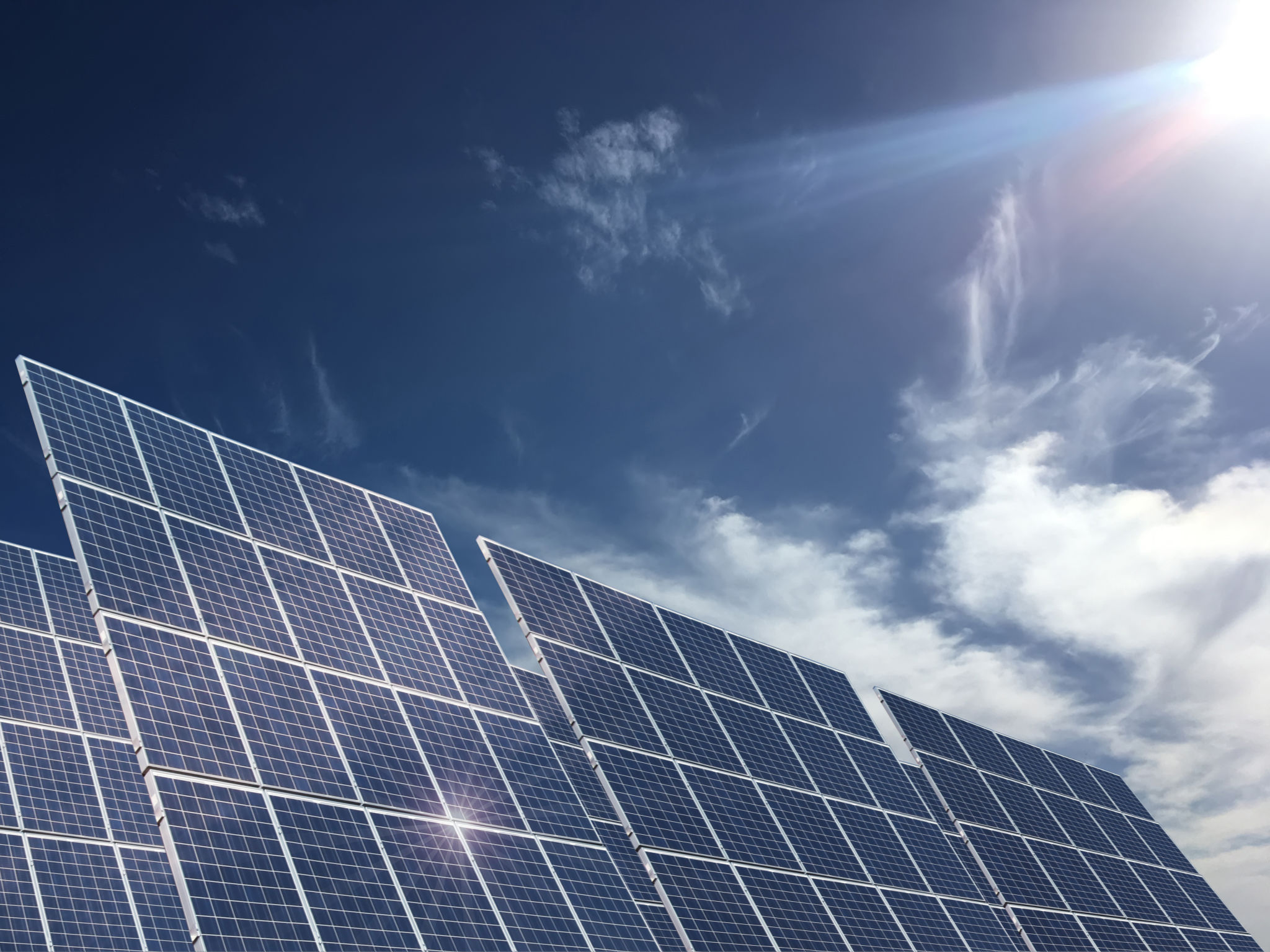Myth-Busting: Common Misconceptions About Solar Energy
Understanding Solar Energy
Solar energy is increasingly becoming a popular choice for homeowners and businesses alike. However, despite its growing adoption, there are still several misconceptions that prevent people from fully embracing this renewable energy source. In this post, we'll debunk some of the most common myths surrounding solar energy.

Myth 1: Solar Panels Are Too Expensive
One of the most prevalent myths is that solar panels are prohibitively expensive. While it's true that the initial investment can be significant, costs have decreased dramatically over the past decade. Additionally, there are numerous incentives and financing options available that make solar energy more accessible than ever. Government tax credits, rebates, and solar loans can significantly reduce the upfront costs.
Myth 2: Solar Panels Only Work in Sunny Climates
Another common misconception is that solar panels only function in sunny areas. While solar panels are indeed more efficient in direct sunlight, they can still generate electricity on cloudy days. Countries with less sunshine, such as Germany, are among the world leaders in solar energy production. Modern solar panels are designed to capture various types of light, making them effective in diverse climates.

Myth 3: Solar Panels Require Constant Maintenance
Many people believe that solar panels require a lot of maintenance, but this is not the case. Solar panels are designed to be durable and low-maintenance. Typically, they only require periodic cleaning and annual inspections to ensure optimal performance. Most solar panels come with warranties that last 20-25 years, providing long-term peace of mind.
Efficiency and Reliability
Aside from cost and maintenance concerns, questions about efficiency and reliability often arise. Understanding how solar energy systems work can help dispel these myths and highlight the advantages of adopting solar technology.

Myth 4: Solar Energy Isn’t Efficient
Some believe that solar energy is inefficient compared to traditional power sources. However, advances in technology have significantly increased the efficiency of solar panels. The average efficiency of solar panels ranges from 15% to 22%, and innovations continue to improve these numbers. It's also important to consider that solar energy is a renewable resource, unlike fossil fuels.
Myth 5: Solar Panels Can’t Provide Enough Power
There's a misconception that solar panels cannot generate enough electricity to power a home or business. In reality, a well-designed solar energy system can meet most, if not all, of your energy needs. By analyzing your energy consumption and installing the appropriate number of panels, you can achieve substantial energy independence.
Environmental Impact
Finally, it's essential to address the environmental benefits of solar energy, which are often overshadowed by misconceptions.
Myth 6: Solar Panels Are Not Environmentally Friendly
Some argue that the production and disposal of solar panels are harmful to the environment. While there is some environmental impact during manufacturing, the overall benefits outweigh these concerns. Solar panels generate clean energy and significantly reduce carbon emissions over their lifetime, contributing to a more sustainable future.

By understanding and addressing these common misconceptions, more individuals can make informed decisions about adopting solar energy. Embracing solar technology not only benefits the environment but also offers economic advantages for users. As technology continues to advance, solar energy will play an increasingly vital role in our sustainable future.
